All My Sons - Theme Essay
1/7
Earn XP
Description and Tags
Points, Quotes, Analysis
Name | Mastery | Learn | Test | Matching | Spaced | Call with Kai |
|---|
No study sessions yet.
8 Terms
Introduction
(Title) (Writer) is a realistic, character driven and powerful drama. (discusses theme) (learn about s.r through the conflict) Joe is likeable & neighbourly in the opening. (Joe cares about it family and has a strong bond with son) (problems within family) (The collapse show Joe isn’t innocent like Chris thought he was) (Joe allows Miller to develop theme) (Joe’s fatal flaw) (result of his flaw) (Chris contrasts joe, believes in s.r) (where and how did Chris develop these values)
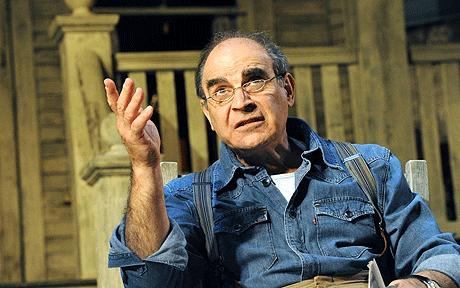
Paragraph 1
Point - Joe is a likeable and loved character
Quote - “Joe McGuts”
Analysis - Chris and Joe have a close relationship. Chris adores his Dads confidence when he is released from prison. Act 1 make Joe to be friendly and chatty. His name is Joe, which is a common name, to show that he is an average man.
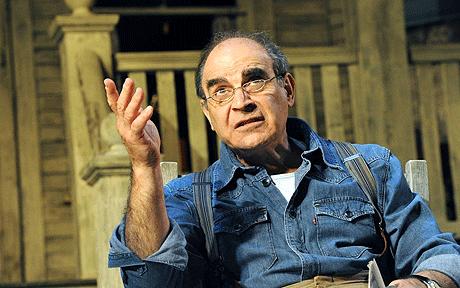
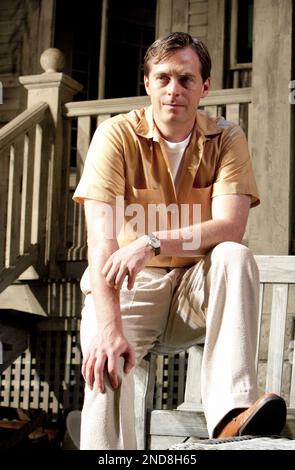
Paragraph 2
Point - Chris is introduced as a character that believes in social responsibility.
Quote - “You’ve got to be a little better because of that”
Analysis - Chris developed these values after fighting in the second world war and witnessing his friends and comrades die and sacrifice themselves for each other. Chris thinks we should help and improve each other. Chris and Joe are contrasting characters as Joe values family over others while Chris values everyone.
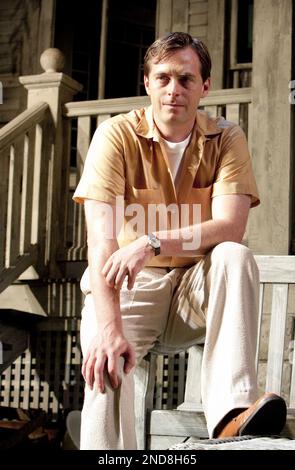
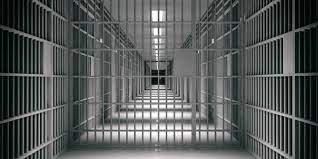
Paragraph 3
Point - Joe states that his partner Steve was to blame for the crime, this highlights the fact Joe refuses to take responsibility.
Quote - “As long as I know him, twenty five years, the man never learned how to take the blame.”
Analysis - This is ironic as it is Joe that doesn’t know how to take the blame. The irony helps develop the theme of social responsibility. George acts as a catalyst in the play, he is used to speed up the eventual confession of Joe’s crime.
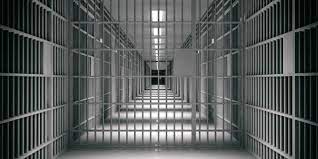
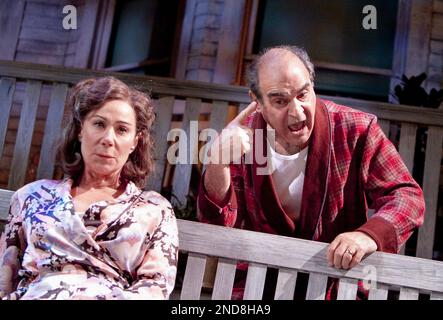
Paragraph 4
Point - In the dramatic climax of Act 2 the truth of Joe’s Guilt is revealed. Kate accidentally reveals Joe’s alibi was a lie. Chris’ world has been destroyed, this is shown by Miller’s use of stage directions.
Quote - “In a broken whisper”
Analysis - ‘broken’ suggests Chris’ views on the world have been shattered. Chris is in disbelief, the man he once looked up to has betrayed him. ‘whisper’ suggests Chris is in complete shock and can’t take it in, the only words that can come out are faint whispers. This is the turning point in the play as Chris realises that not everyone believes in social responsibility, not even the man who raised him. Joe has lost one of his sons.
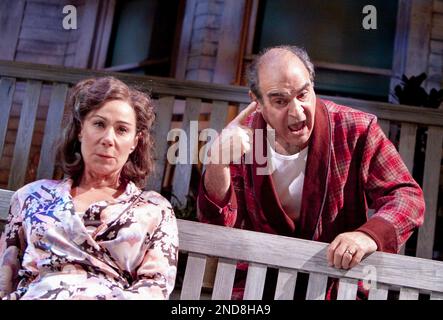
Paragraph 6
Point - In the dramatic climax, Larry rejects his father in a letter he sent before he died.
Quote - “How could he have done that?”
Analysis - Larry is symbolised in the play again as a letter. Larry’s return is important as it destroys Joe’s last defence. Joe thought that Chris was being ridiculous for having a problem about Joe’s actions, he believed Larry would understand but when he learns the truth Joe is devastated. Larry rejecting Joe reveals that Larry also believed in social responsibility just like his brother, Chris.
Paragraph 7
Point - In the denouement Joe finally realises he has a social responsibility now that he has lost both of his sons.
Quote - “Sure, he was my son. But I think to him they were all my sons.”
Analysis - Joe finally realises his responsibility after reading Larry’s letter. Now that he understands social responsibility, he knows that he is at fault for tearing his family apart. Joe then goes to set things right by killing himself. This is a tragic ending. This is when the audience finds out the name of the play.
Conclusion
Play about the Theme of responsibility
developed by Miller effectively by the conflict between Joe and his sons
go over some main points (e.g. point 1, point 2)
The revelation of Joe’s guilt leads to his acceptance of his responsibilities and then to his eventual and tragic death.